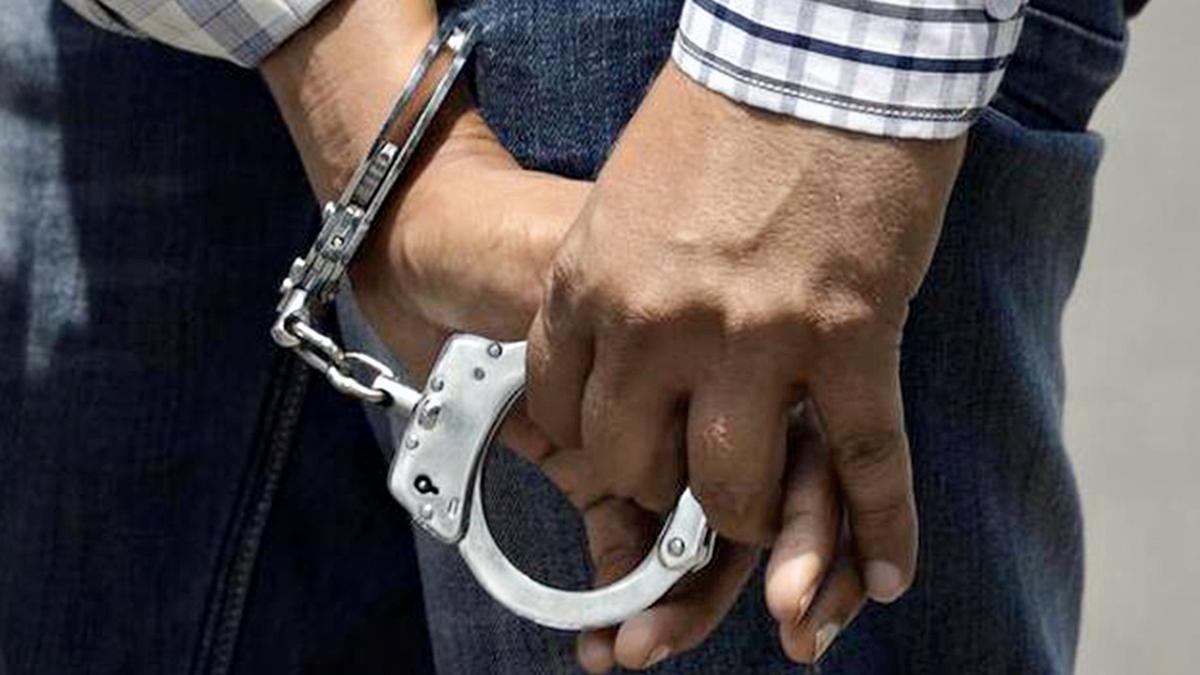The fare hike, which came into effect on February 9, was the first revision in over seven years and has since made Namma Metro the most expensive metro transit system in India among major cities.
| Photo Credit: K. MURALI KUMAR
An RTI (Right to Information) application has revealed that the Bangalore Metro Rail Corporation Limited (BMRCL) spent ₹12.97 lakh on a six-day foreign tour to Singapore and Hong Kong for members of a fare fixation committee (FFC) and officials before revising metro fares by up to 71%. Yet, RTI reply on report submitted by the FFC, reply stated no separate post-tour report detailing findings or recommendations has been submitted by the committee, raising concerns about transparency and public accountability.
The fare hike, which came into effect on February 9, was the first revision in over seven years, and has since made Namma Metro the most expensive metro transit system in India among major cities. The maximum fare was increased by 50% — from ₹60 to ₹90, while other stage-wise hikes saw increases nearing 100% in some cases, which was later capped at 71% following protests by commuters and opposition.
According to the RTI reply received by Madhan Reddy, city resident and daily metro commuter, a three-member FFC — constituted by the Union government on September 7, 2024, and headed by Justice (Retd.) R. Tharani — travelled to Singapore (November 24–27) and Hong Kong (November 27–30) to study fare structures. They also visited Delhi metro and Chennai metro for domestic comparison.
Report not shared
Two members of the committee, along with three BMRCL officials, were part of the foreign visit. The RTI reply stated that ₹12.97 lakh was spent for the foreign study tour, but no breakdown of expenses incurred by BMRCL officials was shared. The response merely stated that these were “as per entitlements.”
When Mr. Reddy requested a copy of any report or findings compiled after the trip, the BMRCL response said, “No separate post-travel report is submitted. The information gathered during the study tour has been included in their report.”
However, the FFC’s report itself has not been shared publicly, despite repeated demands from commuters, activists, and even elected representatives.
“The BMRCL has not only increased fares steeply but is also hiding crucial data from the public,” said Mr. Reddy, who shared a copy of the RTI response with The Hindu. “Millions of people rely on BMTC and Namma Metro for affordable travel. Such a sudden, disproportionate hike hurts the working class and poor commuters the most. If the trip was indeed for study, where is the report? ₹12.97 lakh for a 6-day foreign trip without documented findings raises questions.”
The fare revision was based on the report submitted by the FFC on December 16, 2024, which was expected to consider operational costs, passenger feedback, and expert consultations. However, commuters and civil society groups have repeatedly questioned the basis of the increase and sought access to the report.
Experts raise questions
A separate RTI filed by The Hindu on February 12 with the Union Ministry of Housing and Urban Affairs (MoHUA), seeking a copy of the FFC report, was transferred to BMRCL — but no response has been received to date.
The FFC is a statutory body vested with quasi-judicial powers to recommend metro rail fares across India. The current committee included Satyendra Pal Singh, Additional Secretary in MoHUA, and E.V. Ramana Reddy, retired IAS officer and former additional chief secretary to the Karnataka government, in addition to Justice Tharani.
Experts argue that BMRCL’s reluctance to publish the FFC report raises questions about the motivations behind the fare hike and the value derived from the foreign tours. “The absence of a post-tour report and lack of public access to the final recommendation undermines the credibility of the entire exercise,” Transport expert M.N. Srihari told The Hindu.
“Public transport should not be run like a private enterprise. Commuters deserve to know how decisions affecting their daily lives are made, if the report is not made public, not just BMRCL, government is also responsible,” Mr. Srihari added.
Published – May 26, 2025 10:10 pm IST





